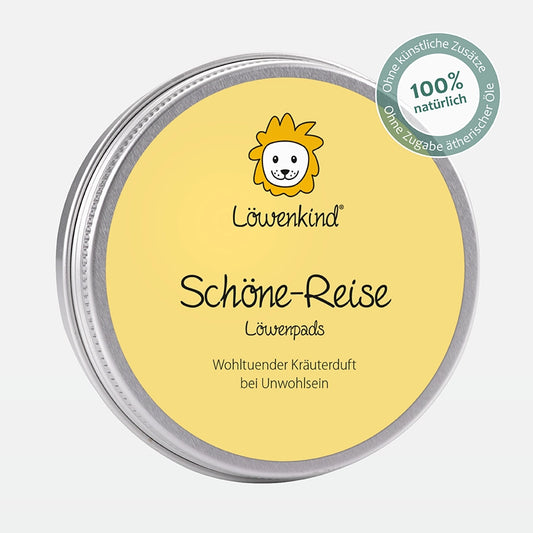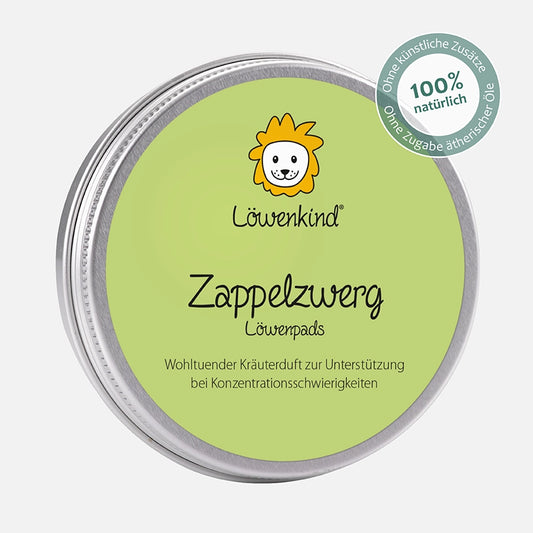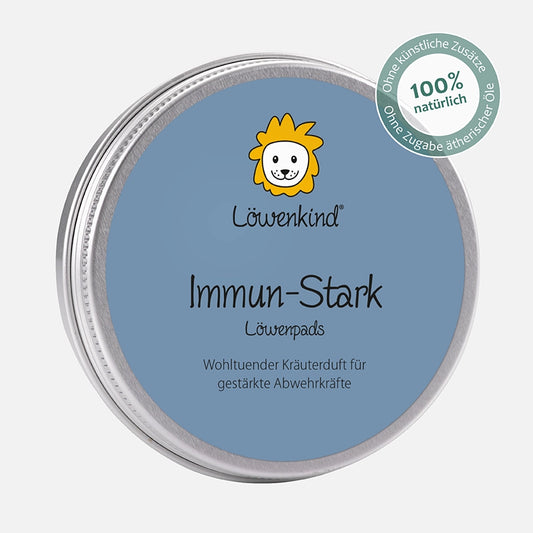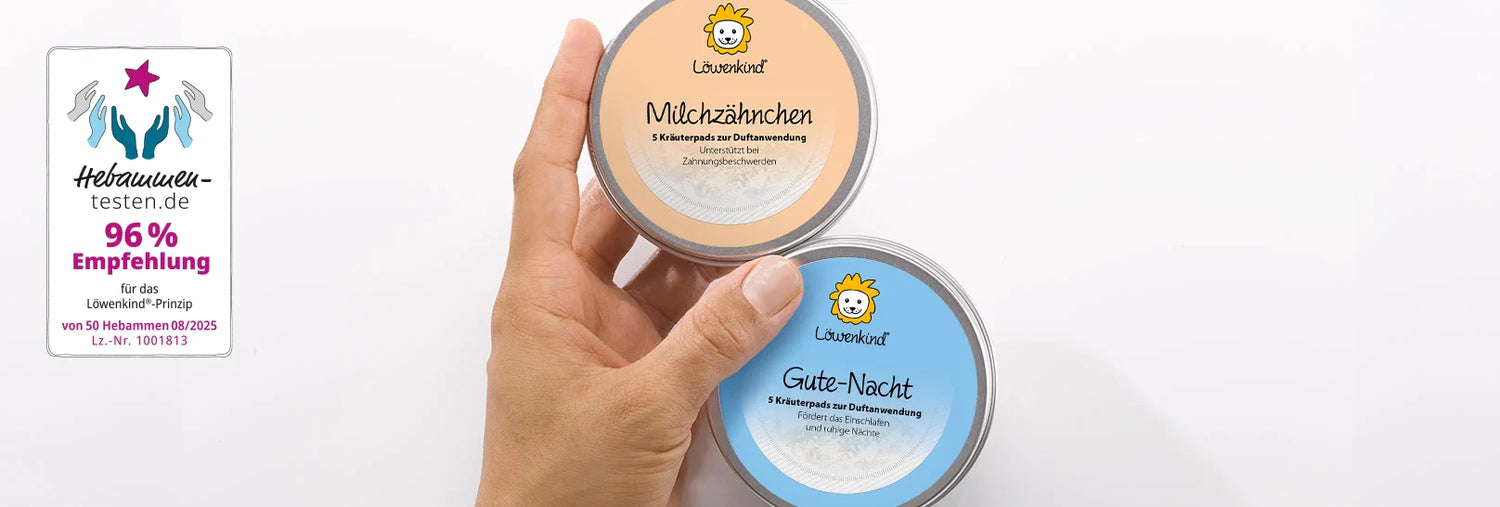Many of us are probably familiar with thyme from the kitchen – as an aromatic spice that adds a special touch to dishes. But thyme can do much more: This small plant from the Mediterranean region boasts a whole range of health-promoting properties that have made it a valued medicinal herb for centuries. Thyme is particularly interesting when it comes to supporting the immune system – and does so in a very gentle way that is especially suitable for children.
What makes thyme so special?
Thyme is a robust, perennial plant with small, spicy-scented leaves and delicate flowers. It loves the sun and thrives in dry soils—no wonder, then, that it's particularly native to the warm, southern regions of Europe. The ancient Egyptians and Romans valued thyme for its diverse uses, and we still rely on its natural powers today. Its immune-supporting properties and calming effect on the respiratory tract make thyme a valuable companion, especially during the colder months.
Why is thyme also called cough herb?
Thyme loosens secretions and relieves spasms and promotes expectoration in bronchial congestion. Its anti-inflammatory, antibacterial, and antiviral effects are particularly valued in naturopathy.
Gentle application thanks to fragrance – ideal for children
Using thyme through its scent is a simple and pleasant way to benefit from the plant's beneficial properties without resorting to intensive preparations. Especially with children, a mild scent application can help support the immune system without overtaxing their young bodies. Scented sachets or special herbal products for scent application can be used for this purpose. Combining them with other medicinal herbs can specifically enhance the desired effect. Dried olive leaves or marigolds, for example, can be used for this purpose.
Why thyme and not a strong remedy?
In everyday life with children, it's often about finding the right balance. On the one hand, you want to know your little ones are well cared for, but on the other, you want to treat them as gently and naturally as possible. This is where thyme comes in handy with its mild yet effective support. Unlike essential oils, which can quickly become too intense for children, dried thyme offers a safe and well-tolerated alternative.
Since thyme can, in exceptional cases, cause an overreaction in babies, the use of other medicinal plants such as primrose and mullein flowers should be preferred at this age. Gentle application of fragrance is a proven way to strengthen the immune system and support the respiratory system without risking overstimulation.
Trust in the power of nature
Thyme shows us how uncomplicated yet effective natural healing can be. It's not about immediately resorting to the most powerful remedies, but rather acting cautiously and in harmony with nature. Trust in gentle methods is especially important with children, and thyme is a wonderful example of how beneficial and yet simple natural support can be. Be inspired by the gentle power of thyme and discover how easy it can be to promote the well-being of your little ones with a touch of nature.
This makes thyme a small but valuable helper in everyday family life – without much effort and in a way that anyone can do. Try it out and enjoy the gentle effect that thyme brings into your home!
Would you like to better understand natural healing methods? Our blog offers valuable tips.











